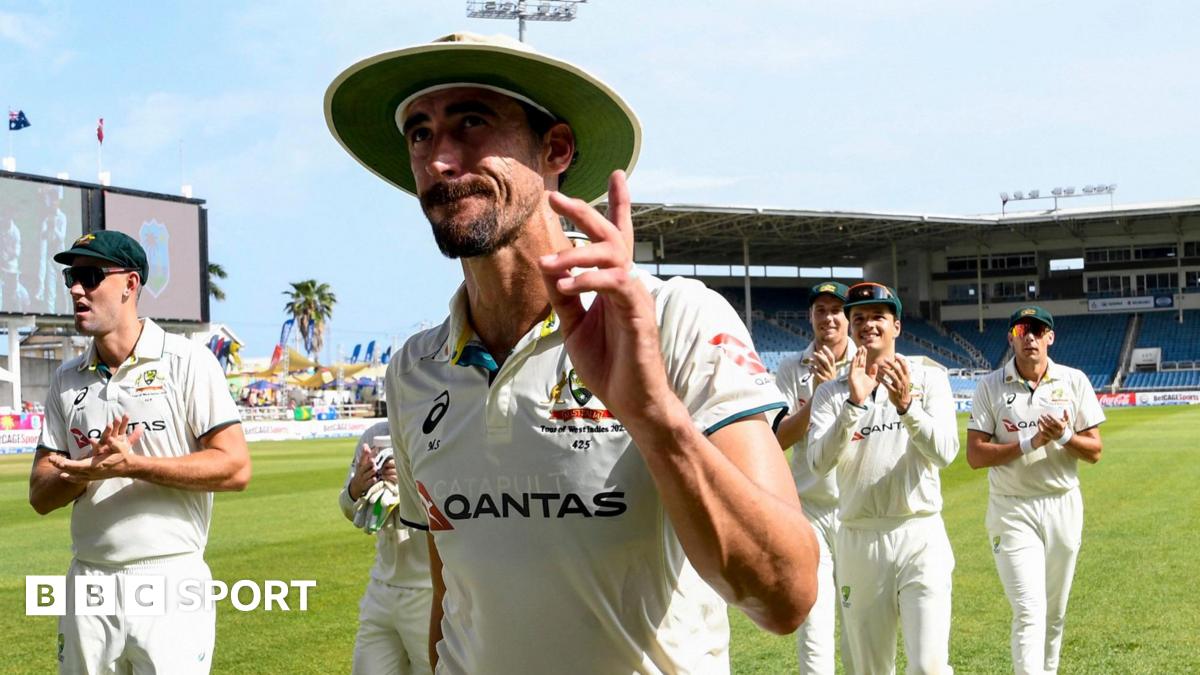Dublin, Ireland, Jul 17, 2025 / 06:00 am
One in 6 unborn children’s lives now end in abortion in the Republic of Ireland, according to the Irish Department of Health statistics, which reports 10,852 abortions in 2024 — the highest number on record since the law changed in 2019 following the 2018 referendum.
Pro Life Campaign spokesperson Eilís Mulroy speaking to CNA said: “That’s a truly horrifying figure, and it’s the opposite of what senior politicians promised the public would happen if they voted for repeal in 2018,” she added.
During the 2018 referendum, pro-life voices warned that abortion numbers would increase dramatically if access to abortion were widened. Mulroy pointed out that 10,852 abortions in 2024 represent a 280% increase from the 2,879 Irish abortions that happened in 2018, the year before the law changed.
Mulroy said the Pro Life Campaign and other groups have asked for a meeting with the minister for health, Jennifer Carroll MacNeill, to discuss the shocking new figures.
“I personally know politicians, TDs [a Teachta Dálaa is a member of Dáil Éireann, the lower house of the Irish Parliament, the Oireachtas], and senators who would have been people who campaigned back in 2018 for a yes vote, who would have been encouraging other people to vote yes at that time for different reasons, who now feel it’s gone too far and are appalled at the figures,” Mulroy said.
During the lead-up to the 2018 referendum vote to widen access to abortion, pro-life campaigners pointed out that in Britain at that time, 1 in 5 pregnancies ended in abortion.
“Members of the media in Ireland were accusing the pro-life side of scaremongering, and were trying to disprove those figures, and saying that that was never going to happen in Ireland,” Mulroy said.
“We have nearly caught up with that figure — we’re now at 1 in 6 babies’ lives ending in abortion,” she said. “And Britain, just this last week, released its latest figures, and they’re nearly at 1 in 3 pregnancies ending in abortion. So once you introduce abortion, once you change the law, over time, abortion rates grow, and if there was any doubt about that, there’s no doubt anymore.”
She added: “Even if one accepts at face value the highly debatable claim by abortion advocates that an additional 1,000 illegal abortion pills were purchased annually before the law was repealed, the post-2018 surge in abortions is still staggering. Over 98% of all abortions in Ireland in 2024 were during early pregnancy up to 12 weeks.”
Speaking to CNA, David Quinn of the Iona Institute highlighted the messaging used by Taoiseach Leo Varadkar and the Irish government at the time of the 2018 referendum. In announcing the referendum, Varadkar had said he was speaking “as Taoiseach, as a medical doctor, and as a former minister for health.”
“Leo Varadkar, when he announced the referendum in early 2018, said abortion would be ‘safe, legal, and rare,’ which clearly is not the case,” Quinn said. “... So would Leo Varadkar consider 11,000 rare? They were spinning a line about it being rare that was convenient to them, and it was convenient to those who voted yes to believe it as well.”
At the time of the 2018 abortion referendum in Ireland, Quinn said many people were led to believe that the subsequent legislation introduced would limit access to abortion. He wondered if the electorate realized the implications of voting yes.
“If they had looked into a crystal ball and seen that it would go above 11,000 or 1 in 6 pregnancies ending this way, would that have given them pause? Would they have realized the law is not half as restrictive as we were led to believe?”
He added: “It was sold to the voters on the hard cases — like the baby is going to die soon after birth. And there was very little focus on the fact that the vast majority of babies aborted will be the healthy children of healthy women. That was barely spoken about. I mean, our pro-life side tried to raise it, but the pro-choice circles and the government very successfully kept the conversation about the hard cases and weren’t telling people that 90% of abortions would take place before 12 weeks.”
Mulroy is pressing for intervention by the minister for health and shared concerns about what people’s expectations were in 2018.
“We spend a lot of time talking to politicians — even [those] who might not necessarily be coming from a pro-life perspective, but who might share common ground on some of the issues associated with the abortion question. For example the need for more positive alternatives for women in unplanned pregnancy.”
(Story continues below)
Subscribe to our daily newsletter
Mulroy said that it is politicians who have “responsibility in the area of public policy.”
“We’re talking about human lives here,” she said. “It’s not just like any other area of health care, where we’re trying to reduce waiting lists or other things. This is not health care. This is the ending of human lives, and that’s why we are really pushing for a meeting with the minister for health to discuss these figures and really allow us to discuss what’s happened under the abortion law, rather than this polarized situation where the pro-life voice is not allowed at all be at the decision-making table, which has happened in the Irish government in recent years.”
Mulroy does see some small signs of hope in the current Irish government.
“I would see a lot of positives there — the makeup of the current government. This government is supported by a number of independents, and some of those independents are very pro-life.”
She said she thinks Ireland will “hopefully see in the lifetime of this government” some incremental changes, “even if the only focus is to ensure that women in unplanned pregnancy have all of the information they need to parent.”
“Right now, when you ring the government-funded helpline to say that you are in an unplanned pregnancy, you really are only getting one piece of information, and that’s about where the nearest abortion-performing doctor is,” she said.
She added: “No matter what side of the fence you’re on… everyone should be united in and agree that women who are in unplanned pregnancy should get all of that information, and I think that would have an impact on the abortion numbers.”
Quinn is concerned that the issue of abortion numbers is simply not getting enough attention in the mainstream media.
“It’s not getting enough publicity; it’s not being discussed. Actually, very few people know about it outside pro-life circles. Nobody … on air has been asked, ‘Well, do you think 11,000 is rare? You said it would be rare. So what’s going on?’ Mainly, there’s a conspiracy of silence. It is quite hard to break through the conspiracy of silence. But we’ve just got to keep trying.”
 (1).png)
 12 hours ago
1
12 hours ago
1


















